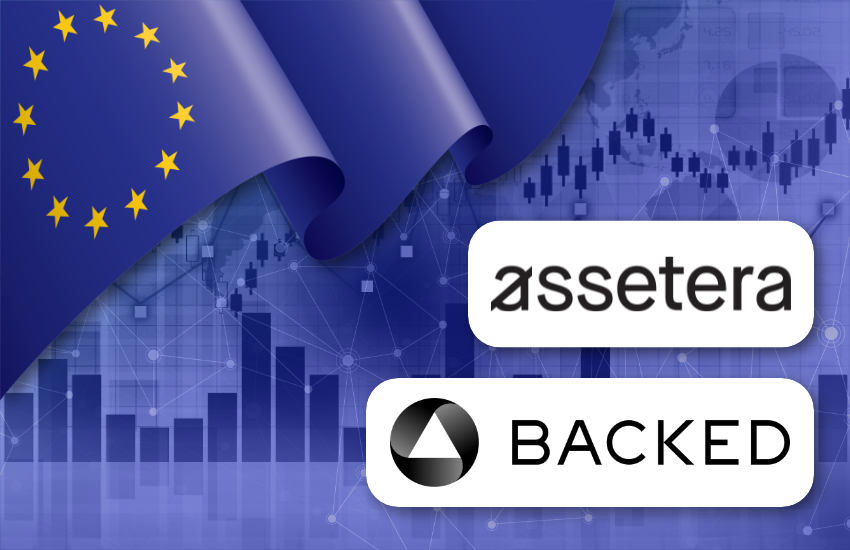Cryptocurrency exchanges are gaining new access to tokenized securities in Europe through a regulatory compliance solution from Austrian trading platform Assetera. The MiFID regulated firm aims to partner with crypto exchanges to provide white label access to xStocks, tokenized securities based on US listed stocks from Backed Finance.
Kraken and Bybit began offering xStocks in June, though Kraken’s service excludes the US, Canada, UK, EU, and Australia. Assetera’s API solution promises to solve regulatory barriers by providing “instant regulatory compliance across 30 European countries.”
“The demand from exchanges is unprecedented,” said Thomas Labenbacher, CEO and Founder of Assetera. “We’re speaking with the top exchanges because they all recognize that tokenized securities represent the future of their business, but regulatory barriers have made it nearly impossible within a competitive timeframe.”
“We solve this by providing regulatory compliance through a simple API integration. Even exchanges with existing MiFID licenses are choosing our solution because it’s faster and more efficient than building their own infrastructure.”
The Austrian regulated platform handles compliance, settlement and custody for tokenized assets beyond Backed’s xStocks, including money market funds.
However, Assetera operates peer to peer trading rather than as a multilateral facility with market makers, matching direct buyer and seller offers. While tokenized stocks may trade around the clock, liquidity depends on finding counterparties, though partnerships with multiple crypto exchanges could improve market depth.
Tokenized stock landscape in Europe
There are competing approaches to tokenizing stocks in Europe. Robinhood launched its own tokenized stocks under a Lithuanian license. Given its scale in the United States, as an issuer it is a far more substantial organization compared to Backed Finance, which is a startup. However, Robinhood’s tokenized stocks are derivatives, leaving investors without claims if issues arise.
Backed’s structure also doesn’t facilitate direct ownership of the stocks but provides more investor protection through indirect liens over underlying collateral, with tokens backed one to one by real stocks. Yet the setup involves complexity by involving several intermediaries and multiple jurisdictions: tokenization under Swiss law, collateral custody in Switzerland, a Jersey based special purpose vehicle issuer, and regulatory approval from Liechtenstein.
Though tokenized securities remain structurally complex and still carry significant risks, the sector is steadily improving investor protections as it matures. Some current offerings demonstrate meaningful progress from earlier versions, suggesting continued evolution toward safer retail access.
